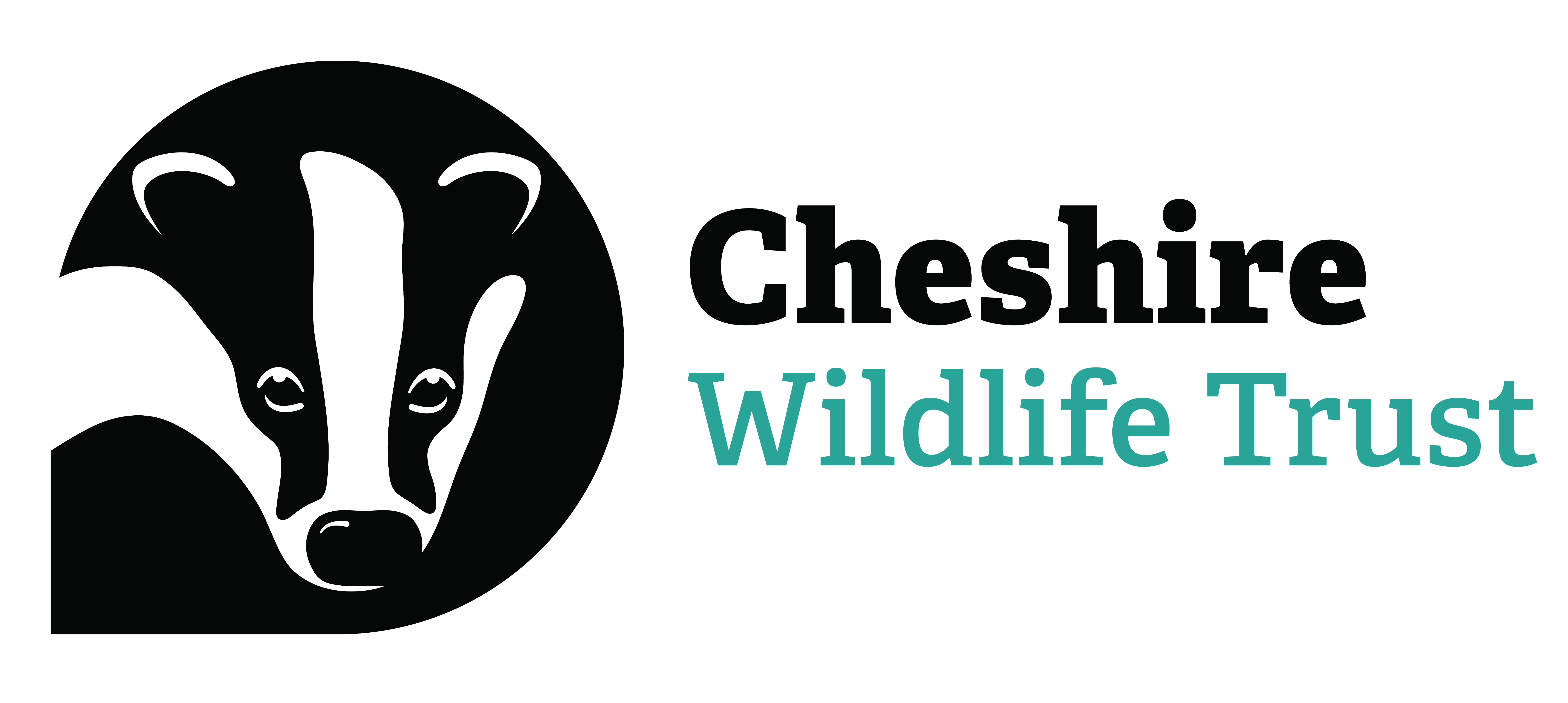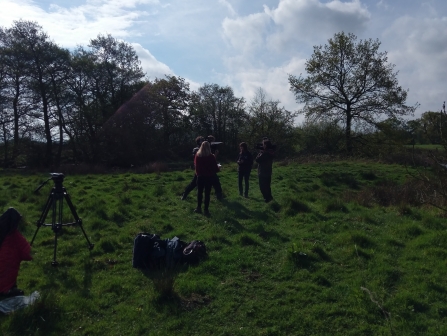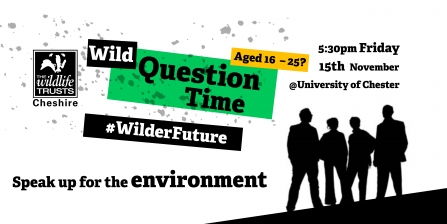The recent protests by Extinction Rebellion highlight the urgency of our situation. The Intergovernmental Science-Policy Platform on Biodiversity and Ecosystem Services (IPBES) published their latest report this week, which shows some frightening statistics for nature. Across the world, one million animal and plant species are now threatened with extinction. Nature everywhere is declining at a speed never previously seen.
The cause? The report finds it to be mostly human activity. The five direct drivers of change are:
1. changes in how we use land and sea
2. direct exploitation of organisms
3. climate change
4. pollution
5. and invasive alien species.
This is obviously a huge problem. The science shows that for living things to do well, including us as humans, we require there to be lots of other living things to support us – this is called high biodiversity. One in four of all living things are at risk of extinction, meaning that our biodiversity is decreasing at an alarming rate.
What is Cheshire Wildlife Trust doing?
Did you know that peatlands cover just 3% of the Earth’s surface, yet hold 30% of the world’s soil carbon? This is twice as much carbon as stored in all the Earth’s forests combined!
Cheshire Wildlife Trust works to protect and enhance peatlands in areas like Delamere, Danes Moss in Macclesfield and Bagmere in Congleton. We manage many woodlands and also help landowners to plant trees in areas like the Cheshire Peak District to store more carbon.
As well as looking after our nature reserves and encouraging others to manage their land for nature, we’re also creating corridors for species to move between these pockets of wildlife havens. Improving areas at a landscape scale helps species react to pressures like climate change, as they can move more freely around our countryside, towns and cities.
Our Evidence and Planning team work hard to ensure developments in Cheshire, Halton, Stockport, Trafford and Tameside take wildlife and biodiversity into account. HS2 is obviously a major project in our area. Whilst HS2 Ltd. committed to causing ‘no net-loss of biodiversity’, our team at the Trust found underestimates in HS2’s calculations of biodiversity loss.
In July 2018 we took our concerns to the House of Commons and secured assurances from HS2 Ltd. that they will contribute to a landscape and environment fund to improve the mitigation for damage caused by Phase 2A in Cheshire (up to Crewe). We’ve also secured the right to take our concerns to the Houses of Parliament for the second time for Phase 2B (Crewe to Manchester).
See us on Countryfile this Sunday (12th May)
Our planning team are working tirelessly to defend local wildlife. So much so that when the BBC wanted to cover a story about measuring biodiversity for this week’s Countryfile, they rang Cheshire Wildlife Trust. Tune in this Sunday at 7:00pm to see Dr Rachel Giles, our Evidence and Planning Manager, talking to Tom Heap about HS2 and the effects on our landscape.


